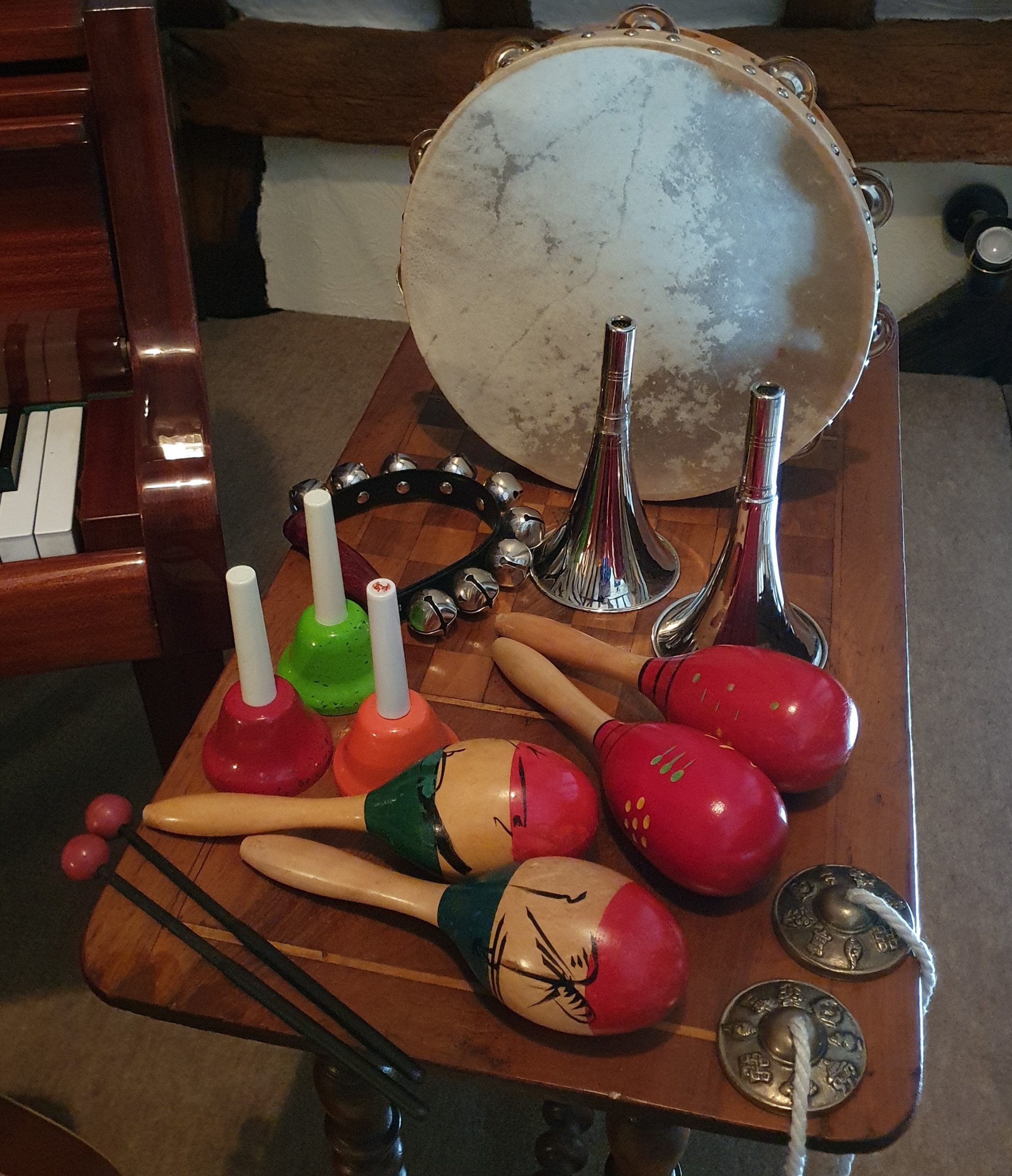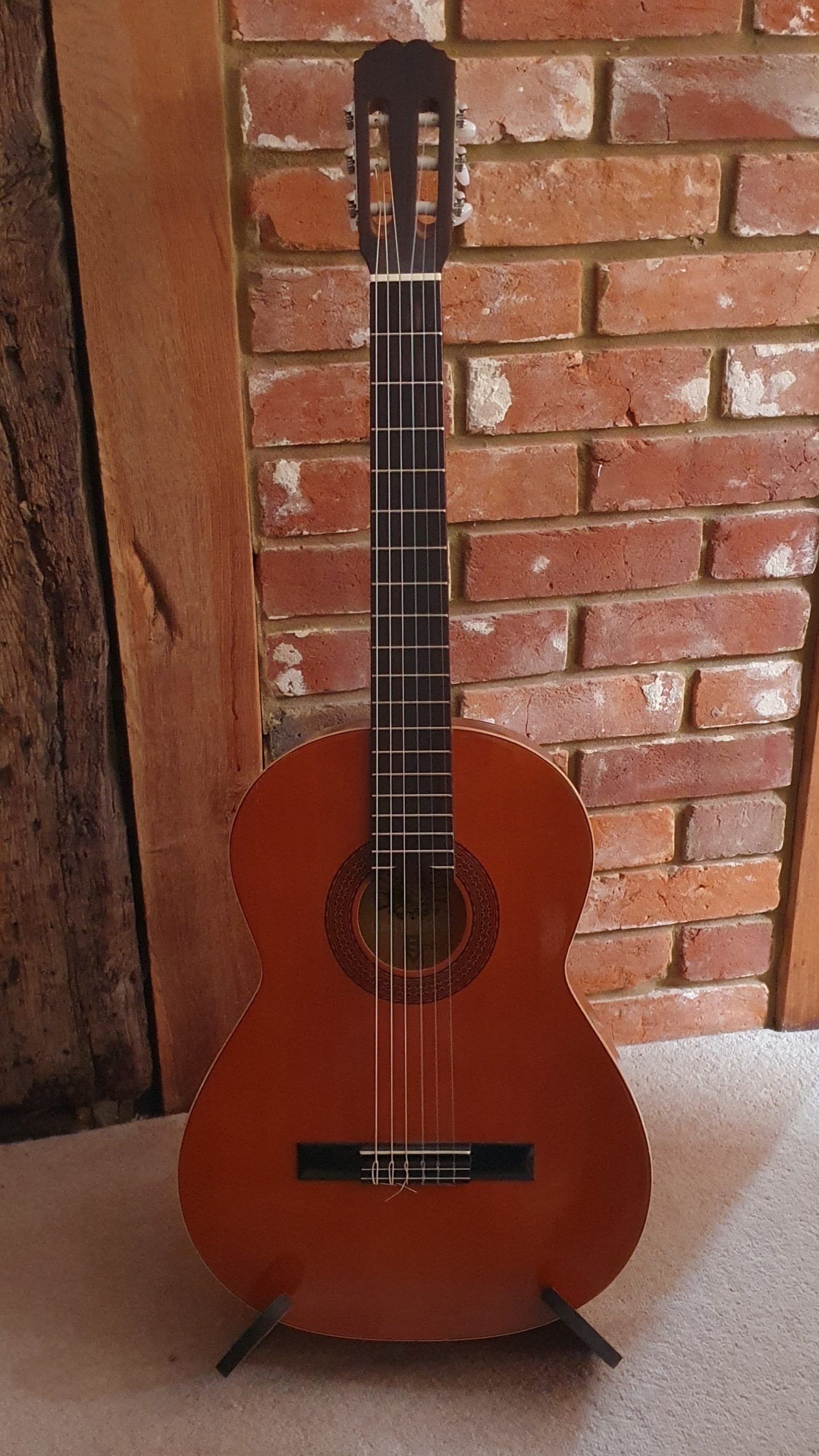About Music Therapy

Music is a wonderful way to communicate with people of all ages and with the most diverse range of needs. It can be a powerful means for conveying emotion and expressing ourselves in alternative way from using words which may be difficult for many. Music allows us to interact with others, explore our creativity and can bring joy and support.
Music therapy is one of the creative arts psychotherapies, which include music, art, drama and dance/movement therapy. In music therapy the formation of a musical relationship between the client and the therapist is the key to enabling and supporting a personal therapeutic journey.
During music therapy sessions there are a variety of accessible instruments available to explore. Clients are offered the opportunity to express themselves creatively through shared music making and play with the therapist. The space is available for the client to use in whichever way they feel comfortable so the music therapy is completely individual for each client. No two clients will use sessions in the same way. The therapist’s role is to support and develop communication and social interaction through musical play and to help the client gain insight and awareness of important personal themes and emotional responses.
Music therapy usually takes place in a dedicated room, containing a range of instruments, such as a piano, guitar, and percussion. Session contact time with the therapist ranges from 30 – 50 minutes depending on the age and ability of the client. Process notes will also be written following every session. Therapeutic boundaries are an essential part of the work so sessions will always take place in the same room and at the same time each week.
Who may benefit from music therapy?
Music therapy is accessible to anyone regardless of age, illness or disability. Music is a universal communicator. Referrals can be made for music therapy by parents/carers directly, teachers, social workers, care agencies and a variety of other professionals via the contact us or referral form.
All the instruments available in sessions can be can be easily accessed without the need for any previous musical experience or training. Clients are often referred for music therapy because they may have shown a particular interest in music but this is not essential. Music therapists work with individuals and groups as appropriate.
As music therapy provides a non-verbal and indirect mode of communication, it can be particularly helpful for children or adults who are non-verbal, or for whom social interaction may be an area of difficulty.
Music therapy is often used for clients whose needs may include
- Child, adolescent and mental health difficulties
- Children with communication and social interaction difficulties
- Children and adults with learning disabilities
- People on the autistic spectrum
- People with life-limiting conditions
- Children or adults with attachment difficulties
- People with dementia and/or neurological conditions

Who Are Music Therapists?
Music therapy is a regulated allied health profession in the UK, and ‘music therapist’ is a legally protected title. All music therapists have a high level of musicianship, hold a postgraduate qualification in music therapy and are state registered with, and accountable to, the Health and Care Professions Council.
